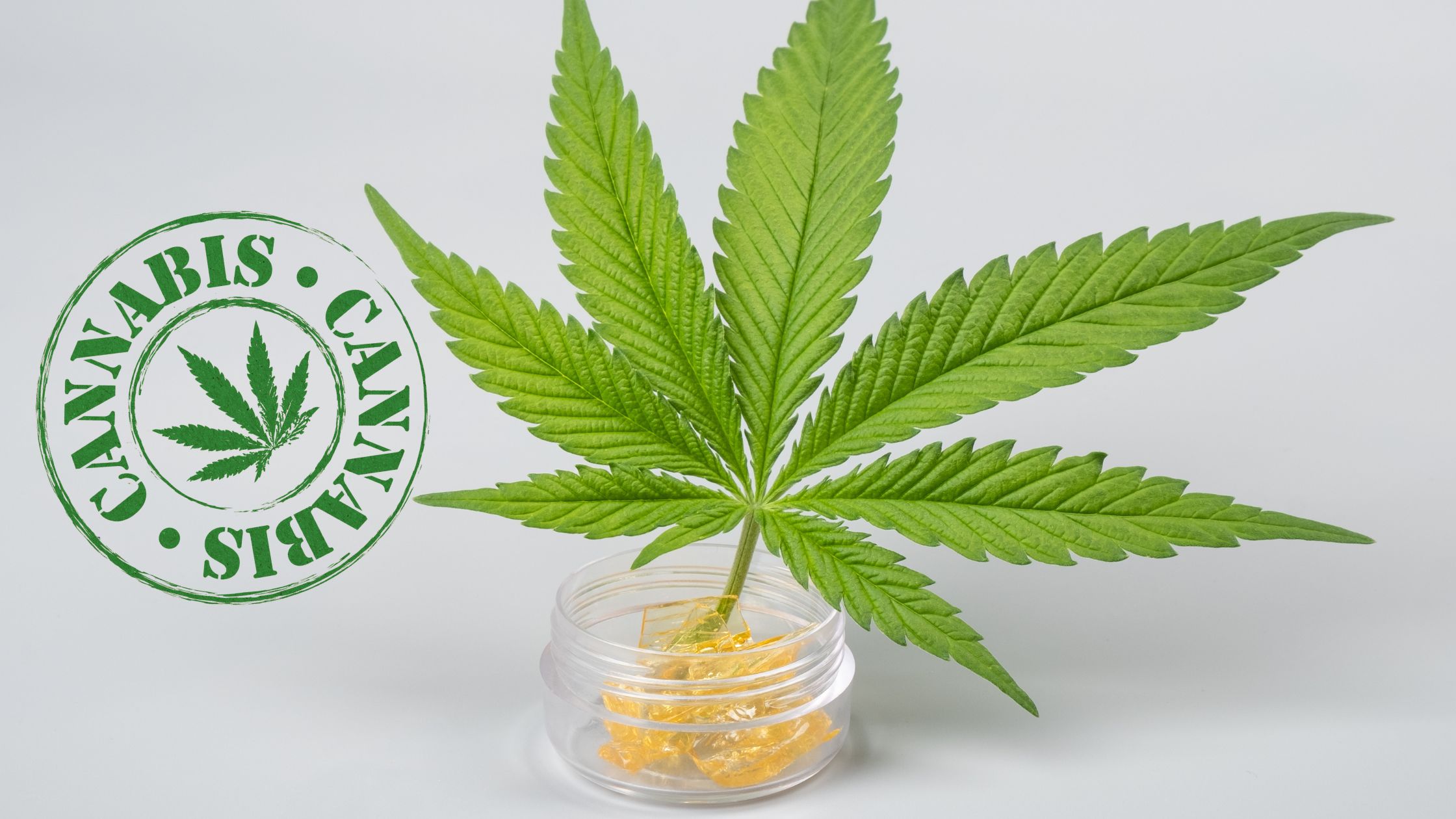As the conversation around cannabis grows, you might wonder, Is THCA the same as weed? To answer this, we need to explore what THCA is, its relationship to weed, and what it means for those seeking its benefits. Let’s dive in!
What is THCA?
THCA, or tetrahydrocannabinolic acid, is a non-psychoactive compound found in raw cannabis plants. Unlike THC, which causes the classic cannabis high, THCA does not induce psychoactive effects in its natural state. Instead, THCA offers various potential health benefits that are drawing attention from medical and recreational users.
How Does THCA Work?
THCA interacts with the body’s endocannabinoid system (ECS), which regulates many bodily functions. However, it doesn’t bind strongly to the ECS’s receptors like THC does, meaning it won’t cause a high unless it converts to THC through heat (smoking or vaporizing).
The Basics of Weed
To compare THCA and weed, it’s important to understand what “weed” means.
What is Weed?
Weed is a colloquial term for cannabis, a plant that contains a wide range of cannabinoids like THC, CBD, and THCA. Weed can be consumed in multiple forms such as dried flowers, oils, and edibles. The cannabinoid profile of each strain influences its effects on the user.
Different Types of Weed
Cannabis strains generally fall into three categories: indica, sativa, and hybrid. Each type has unique characteristics:
Indica: Known for relaxing effects, ideal for nighttime use.
Sativa: Provides uplifting, energizing effects, suitable for daytime.
Hybrid: Combines effects of both indica and sativa for a balanced experience.
The Relationship Between THCA and Weed
Now that we know what THCA and weed are individually, let’s discuss their relationship.
Is THCA Found in Weed?
Yes, THCA is present in fresh cannabis buds. It is most abundant in raw, unheated weed that hasn’t been decarboxylated (exposed to heat to convert THCA into THC).
How THCA Converts to THC
Decarboxylation is the process that transforms THCA into THC by removing its carboxyl group when exposed to heat. This change is what makes cannabis psychoactive. So, while THCA is present in weed, it must be heated to become THC and produce the high.
Effects of THCA vs. Weed
Understanding the effects of THCA compared to weed is essential for choosing the right product.
Psychoactive Effects of THC
THC is known for producing psychoactive effects like euphoria, altered sensory perception, and relaxation. These are the main reasons recreational users turn to weed.
Therapeutic Benefits of THCA
THCA is valued for its potential therapeutic properties without the high. Potential benefits include:
Anti-inflammatory effects: THCA may help reduce inflammation, beneficial for chronic pain.
Neuroprotective properties: Early studies suggest THCA may help protect brain cells, possibly aiding those with neurodegenerative conditions.
These qualities make THCA appealing to those looking for relief without intoxication.
Safety and Consumption Methods
When choosing between THCA and weed, understanding the safest ways to consume them is key.
Is THCA Safe to Use?
THCA is generally considered safe, especially in its raw form. Many users enjoy the benefits of THCA without any psychoactive effects. However, it’s always best to consult a healthcare provider before starting a new supplement, particularly if you have pre-existing conditions or take medications.
How to Consume THCA and Weed
Different consumption methods yield different effects:
Raw Cannabis: Consuming raw cannabis leaves or adding them to smoothies preserves THCA’s natural benefits without converting it to THC.
Smoking or Vaping: This method converts THCA to THC, giving you the psychoactive high.
Edibles: Cooking cannabis can also convert THCA to THC, letting you experience both its high and benefits.
Choosing the right method helps you achieve your desired outcome.
User Experiences with THCA and Weed
Personal stories provide valuable insights into how THCA and weed affect users differently.
Anecdotal Evidence
Users report positive experiences with both THCA and THC. THCA users often highlight its non-psychoactive benefits like reduced inflammation and nausea relief, which help them remain alert and productive. THC users enjoy its euphoric, relaxing effects, popular for recreational enjoyment.
Research Insights
While user stories are helpful, scientific research is essential to fully understand THCA and THC. Ongoing studies aim to reveal more about THCA’s therapeutic potential and how it works in the body. As research progresses, we’ll gain better clarity on these compounds.
Legal Considerations
Before using THCA or weed, knowing their legal status is important.
The Legal Status of THCA
THCA derived from hemp is typically legal in many areas, especially following the 2018 Farm Bill in the United States. However, local laws can differ, so always check regulations in your region before purchasing or using THCA.
The Legal Status of Weed
Cannabis laws vary widely. Some regions have legalized cannabis for medical and recreational use, while others still impose strict regulations. Make sure you understand the laws in your area for responsible use.
Conclusion
So, is THCA the same as weed? Not quite. THCA is a non-psychoactive component found in raw cannabis, which can convert to THC when heated. While THCA offers potential health benefits without a high, weed encompasses a variety of cannabinoids, including THC, that produce psychoactive effects. Knowing these differences can help you make informed choices that suit your health goals and preferences.
Frequently Asked Questions
Can THCA get you high?
No, THCA is non-psychoactive unless heated to convert to THC.
What are the health benefits of THCA?
THCA may help with inflammation, nausea, and neuroprotection without causing a high.
How can I consume THCA safely?
Consume THCA raw in salads or smoothies, or use heat methods like smoking or cooking.
Is THCA legal?
Yes, THCA from hemp is generally legal, but check local regulations for compliance.
What effects can I expect from smoking weed?
Smoking weed typically produces a high, causing euphoria, relaxation, and altered perception.

